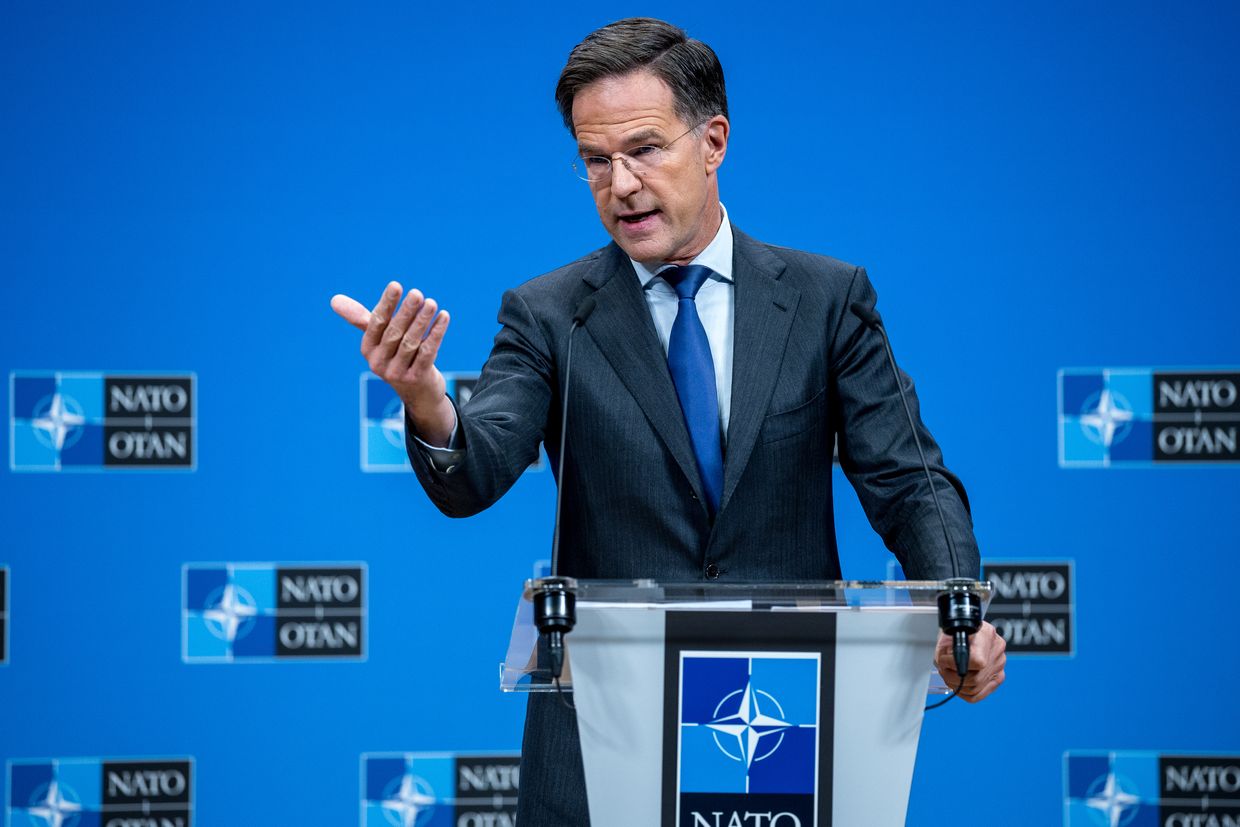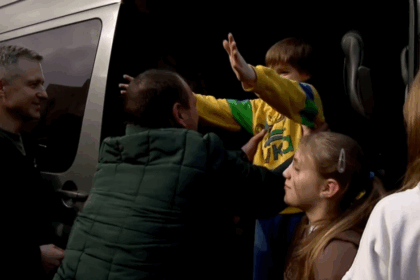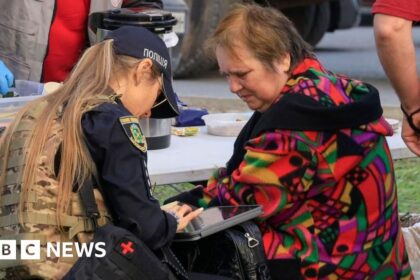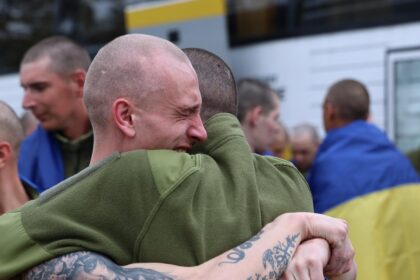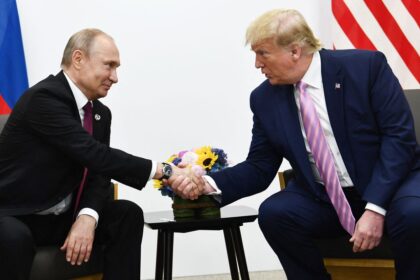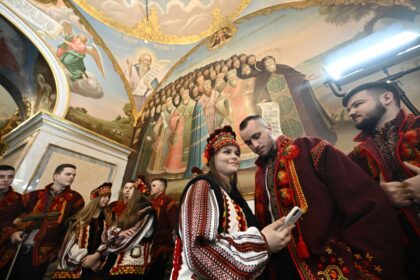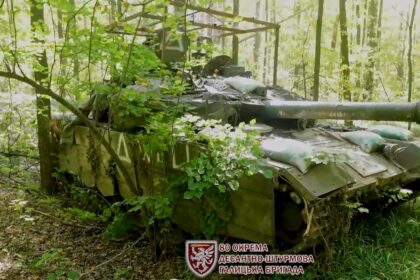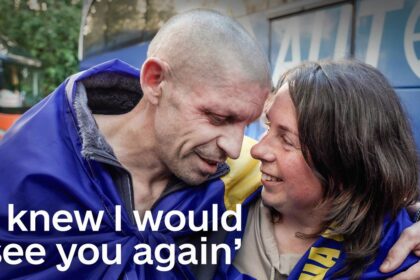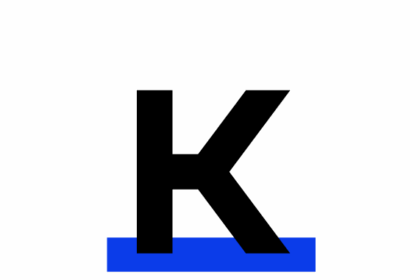**NATO Views Russia as a Long-Term Threat, Rutte Says**
The North Atlantic Treaty Organization (NATO) views Russia as a long-term threat to Euro-Atlantic security, according to NATO Secretary General Mark Rutte. This statement comes after his meeting with US President Donald Trump at the White House on April 24.
Rutte emphasized that all NATO members agree that Russia threatens regional security. He also recognized Ukraine’s efforts to reach a peace deal and called for Moscow to make an effort to come to an agreement. “Ukrainians are really playing ball, and I think the ball is clearly in the Russian court now,” Rutte said.
The US has been making efforts to reach a peace deal to end Russia’s war against Ukraine. However, Moscow has shown signs it is unwilling to move forward on a peace deal with Ukraine. Russian authorities have listed maximalist demands in ceasefire negotiations with Ukraine and the US.
**Russia’s Threats**
Russian Security Council Secretary Sergei Shoigu recently threatened that Russia could use “asymmetrical measures,” including nuclear weapons, against Europe in response to “unfriendly actions.” This statement has raised concerns about the potential for a conflict between Russia and NATO.
Rutte’s comments come as Ukraine has agreed to a US-proposed 30-day ceasefire, but Moscow has refused. Ukrainian President Volodymyr Zelensky has reaffirmed that Ukraine insists on an immediate, full, and unconditional ceasefire. US Vice President JD Vance has also stated that the US presented a “very explicit proposal” to Ukraine and Russia on a peace deal.
**Peace Deal Proposals**
The proposed peace deal would reportedly de jure recognize Russian control over Crimea and de facto recognize Moscow’s illegal occupation of Luhansk, Donetsk, Kherson, and Zaporizhzhia oblasts. Ukraine would be prohibited from joining NATO but would remain permitted to pursue EU membership. Sanctions imposed on Russia since 2014 would be lifted, and the US and Russia would pursue deeper energy and economic cooperation.
However, it is unclear whether Moscow will accept these terms or continue to insist on its maximalist demands. The situation remains uncertain, with Ukraine calling for an immediate, full, and unconditional ceasefire.
**Analysis**
The statement by NATO Secretary General Mark Rutte highlights the ongoing concerns about Russia’s actions in the region. The refusal by Moscow to accept a peace deal and its insistence on maximalist demands have created uncertainty about the future of the conflict.
The proposed peace deal has raised questions about the compromises that would be required from Ukraine. While the agreement would allow Ukraine to pursue EU membership, it would also prevent Ukraine from joining NATO. This could have significant implications for Ukrainian security and sovereignty.
The situation remains complex, with multiple parties involved and competing interests at play. The refusal by Moscow to accept a peace deal has created uncertainty about the future of the conflict and the potential for further escalation.
**What’s Next?**
As the situation continues to unfold, it is unclear what steps will be taken next. Ukraine has called for an immediate, full, and unconditional ceasefire, but Moscow has refused. The US has presented a “very explicit proposal” on a peace deal, but it remains unclear whether Moscow will accept these terms.
The situation remains fluid, with multiple parties involved and competing interests at play. As the conflict continues, it is essential to remain vigilant and monitor the developments closely.




